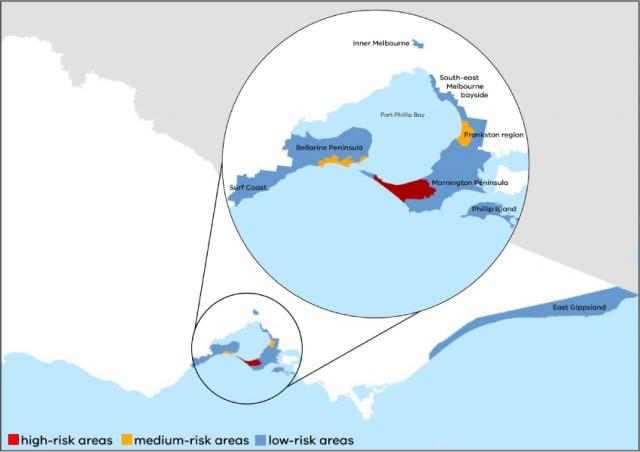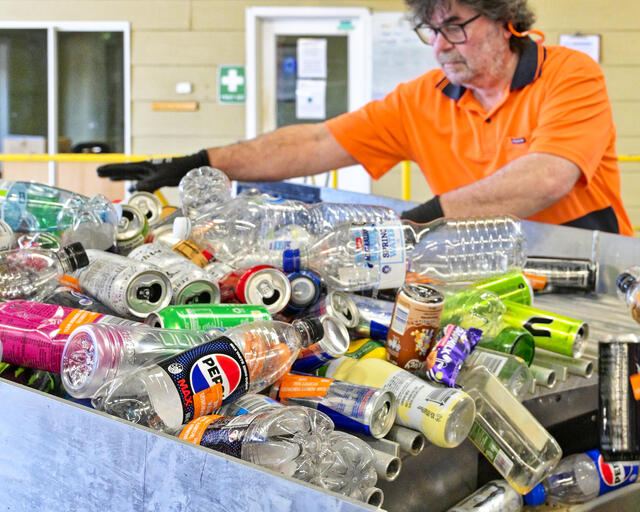Bellarine Peninsula residents are advised to avoid insect bites and reduce mosquito breeding sites to prevent the transmission of a skin infection which attacks fat cells and damages tissue.
Deputy chief health officer of communicable diseases Associate Professor Deborah Friedman said there is a moderate risk of transmission of Mycobacterium ulcerans, which causes Buruli ulcers, in Ocean Grove, Barwon Heads, Point Lonsdale and Queenscliff.
The highest risk is associated with the active transmission regions of Rye, Sorrento, Blairgowrie and Tootgarook on the Mornington Peninsula.
A number of cases are also being discovered in Pascoe Vale South and Strathmore in Melbourne’s north.
The risk of transmission is highest in people aged 60 years and above in Victoria.
The first sign of the disease is usually a painless nodule or papule, which is often mistaken for an insect or spider bite and is sometimes itchy.
In one or two months, the lesion may ulcerate and form a characteristic ulcer with undermined edges.
Evidence suggests that mosquitoes play a role in the transmission of the disease.
Preventative measures include:
* Avoid insect bites by using fly screens, insect repellent, wearing long sleeves and trousers when outside;
* Wear gardening gloves, long-sleeved shirts and trousers when gardening or working outdoors;
* Reduce mosquito breeding sites around houses and other accommodation by removing areas where water can potentially pool, such as pot plant containers, buckets, discarded tyres and other untreated freshwater pools;
* Protect cuts and abrasions with sticking plasters; and
* Wash exposed skin contaminated by soil or water following outdoor activities.
The Victorian Infectious Diseases Reference Laboratory (VIDRL) will be conducting free polymerase chain reaction (PCR) tests for Buruli ulcers.
Details: www.health.vic.gov.au/health-advisories/buruli-ulcer-bacteria-identified-in-inner-north-melbourne or www.betterhealth.vic.gov.au/campaigns/beat-the-bite









